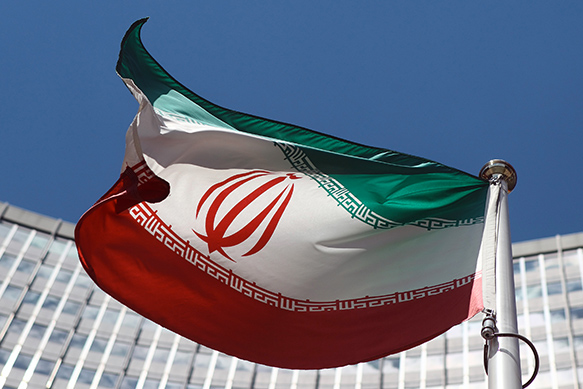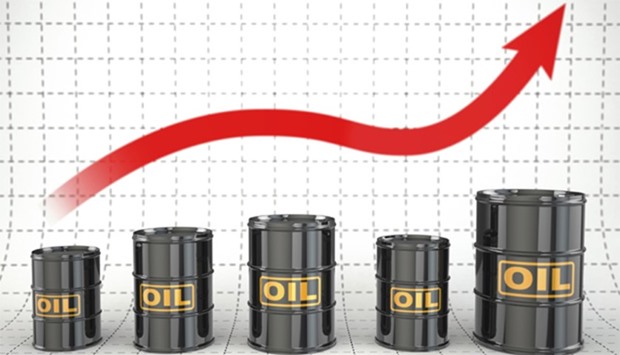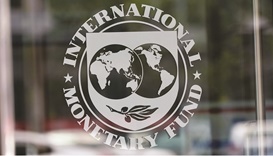How Giant Saudi Wealth Fund Is Building a Post-Oil Future: QuickTake

Saudi Arabia’s sovereign wealth fund has been transforming almost as quickly as the country itself. In 2015, the Public Investment Fund, or PIF as it’s widely known, was a sleepy holding company for government investments that hardly anyone outside the kingdom had heard of. Now it’s closing in on $1 trillion in assets as it snaps up everything from soccer clubs to electric carmakers and bankrolls new cities in the desert. The shift underscores the urgency of its mission: to prepare the world’s biggest crude-exporting nation for a post-oil future.
1. What does PIF invest in?
Its biggest holdings are still in local businesses such as Saudi National Bank, Saudi Telecom Co. and national projects like Neom, a $500-billion city-state that would run entirely on renewable power and export green energy. Since 2016, when it committed $45 billion to SoftBank Group Corp.’s technology-focused Vision Fund, PIF’s foreign interests have mushroomed. A 2018 investment in electric carmaker Lucid Motors Inc. has soared in value to almost $40 billion. It also has stakes in video game makers Activision Blizzard Inc. and Electronic Arts Inc. and the digital services and retail businesses of Indian billionaire Mukesh Ambani. In February, the government transferred an $80 billion stake in Saudi state oil giant Aramco to PIF to boost its assets as the fund prepared to tap the international bond market for the first time.
2. What is the fund’s purpose?
To project Saudi influence and diversify the economy, a goal laid out by de facto ruler Crown Prince Mohammed Bin Salman under a plan known as Vision 2030. PIF’s job is to stimulate inward investment, develop new industries, bring the kingdom access to new technologies through its foreign investments and create jobs. It’s also helping to make Saudi Arabia more attractive to outsiders. In a country largely closed off to foreign tourists, and with entertainment a taboo until a few years ago, PIF is investing in luxury resorts, cinemas and entertainment complexes to lure more visitors (and to stop Saudis seeking fun abroad). It also does deals just to make money. When the coronavirus pandemic crashed markets in 2020, PIF invested $40 billion of currency reserves received from the central bank in a bet on a swift recovery. It sold most of those investments a few months later as stocks rebounded.
3. Why is PIF borrowing money?
4. How big does PIF want to be?
Prince Mohammed is well known for setting ambitious targets and PIF is no exception. He wants it to be overseeing assets of $2 trillion by 2030, which would make it bigger that Norway’s sovereign fund, currently the world’s largest at about $1.4 trillion. PIF’s assets have almost quadrupled since 2015 to around $580 billion. The path to $2 trillion will involve more big asset transfers from the state. The government expects its first budget surplus in almost a decade in 2022 and the Finance Ministry has said an oil windfall could go into PIF. The fund has also been a major recipient of undeveloped land that’s worth zero on paper. If it’s used for building, its value can soar.
5. Why did PIF buy a football club?
Soccer teams are often acquired by wealthy individuals as trophy assets and their volatile fortunes can be a turn-off for pension and wealth funds. PIF’s acquisition of struggling English Premier League club Newcastle United in 2021 was part of an effort to boost Saudi Arabia’s soft power through investments in sports and e-sports. The kingdom’s detractors saw the deal as “sportswashing” — an attempt to improve the nation’s image and divert attention from a poor human rights record. Saudi Arabia may be following the playbook of neighboring Abu Dhabi, whose Sheikh Mansour bin Zayed Al Nahyan bought another English club, Manchester City, in 2008 and used it as a platform to market the emirate and its state-owned companies around the world.
More stories like this are available on bloomberg.com








